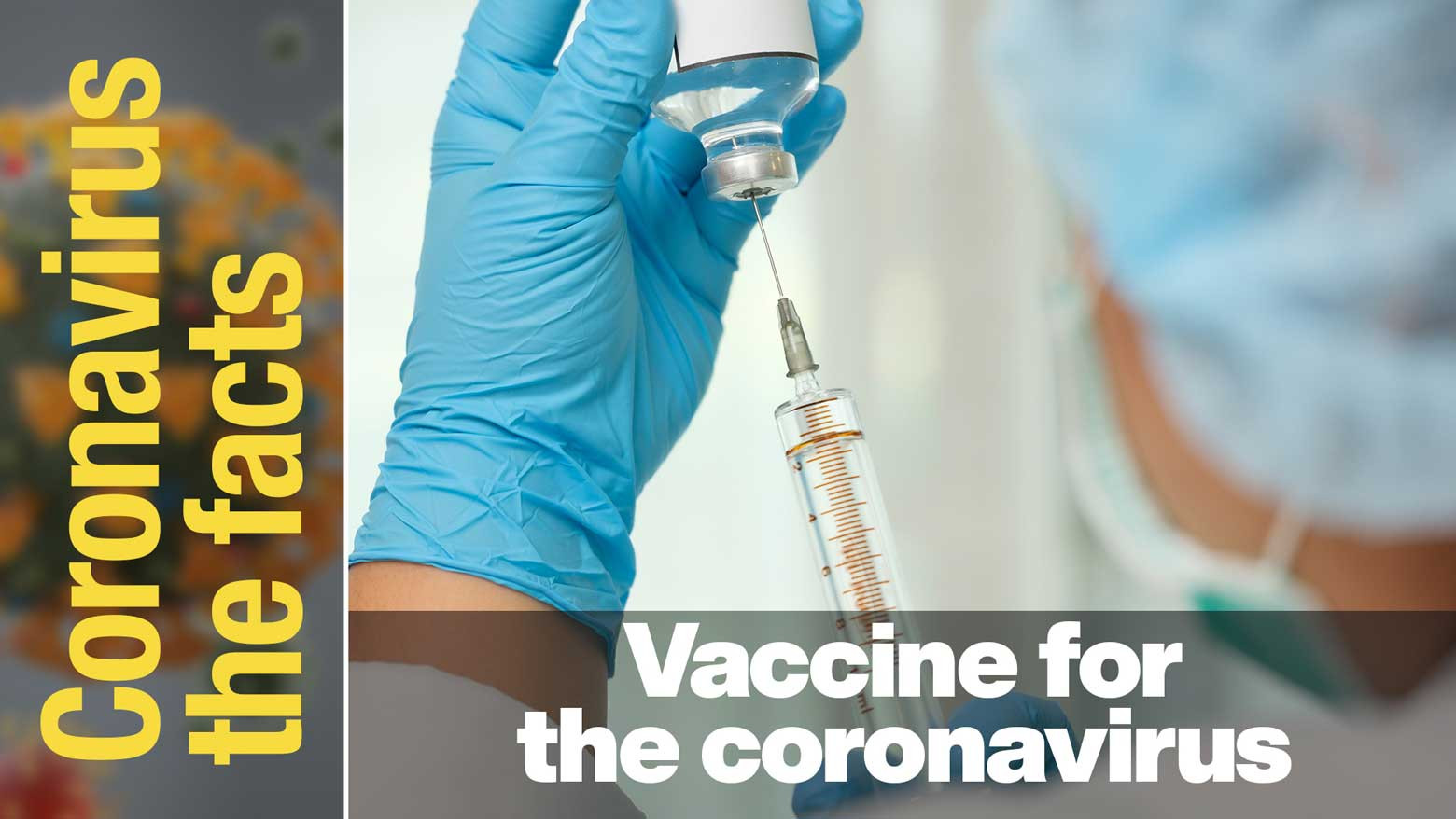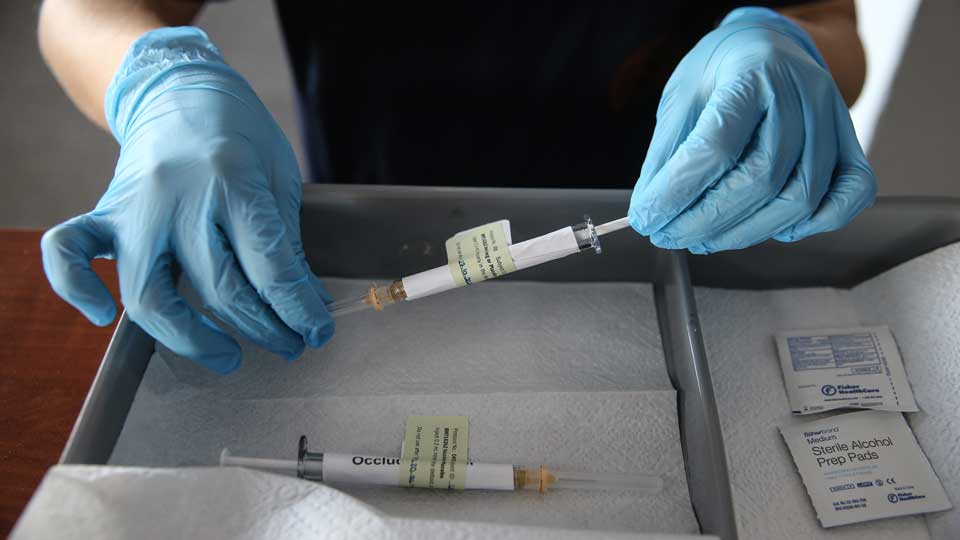This is part 50 of our coronavirus FAQ. Click here to read other installments: #Coronavirus the facts. Find the latest information and answers from experts on everything COVID-19.
Vaccine development underway
The development of a coronavirus vaccine has been progressing at an unprecedented speed since the WHO declared the pandemic.
Typically, developing vaccines usually takes about ten years, as they must be carefully trialled to ensure they both work and are safe. In the initial stages of the coronavirus outbreak, scientists said that at least several years would be needed to create a coronavirus vaccine and put it into practical use.
Vaccine race accelerated worldwide
As the virus proved to be a global pandemic, the race began to develop a vaccine. In early September, the WHO said as many as 180 vaccine candidates were under development around the world, and work has been accelerating since then.
Clinical tests involving human subjects have been conducted on 35 of those candidates so far, with some already in the final stages.
Why is progress faster than usual?
Attention is focused on a new type of vaccine. Scientists are now trying to enhance the immune system in the human body by injecting the genes of the coronavirus into the body to produce proteins of the virus that can work as antigens.
Russia formally approved a coronavirus vaccine named "Sputnik V" in August. It uses a different virus, whose safety has already been proven, to insert the genes of the coronavirus into the human body. The Russian government approved the vaccine even before the final phase of clinical trials ended, and started administering it in November.
US pharmaceutical giant Pfizer has been developing a vaccine, using a technique known as mRNA, that is currently in the final phase of clinical trials.
UK-based AstraZeneca and Oxford University have also been jointly developing a vaccine using coronavirus genes. This type of approach is expected to yield results more rapidly than usual.
The Japanese government has agreed a deal with Pfizer to receive doses for 60 million people by the end of June 2021. It has also signed an agreement with AstraZeneca for its prospective vaccine, which is currently undergoing clinical trials in the country.
Extra caution urged
Meanwhile, the development of these vaccines calls for extra caution. They have never been widely used, and the risk of unexpected side effects should be carefully studied.
There have also been reports of cases in which the routine confirmation process for new vaccines has been skipped to prioritize speed.
Professor Ishii Ken of the University of Tokyo's Institute of Medical Science is an expert on vaccine development. He says efforts now underway around the globe to develop coronavirus vaccines stem from past scientific achievements.
He says there is no doubt that the innovation we're witnessing involves technology from a research lab level suddenly being boosted to an industrial scale. But, he warns, hasty development could lead to unexpected problems. He says scientists should keep in mind that it takes time to confirm the safety of any new vaccine.

